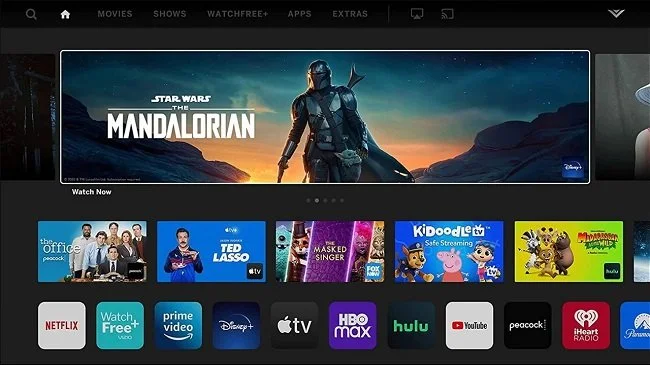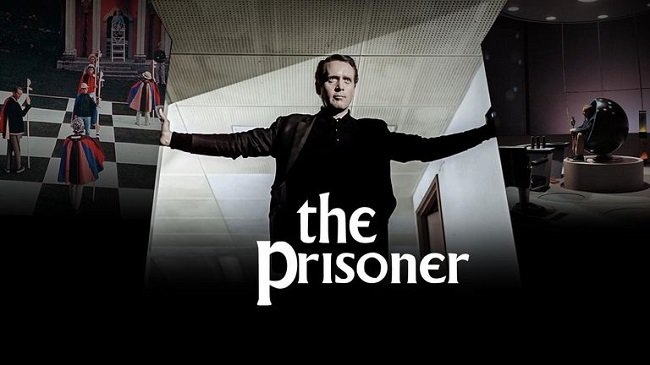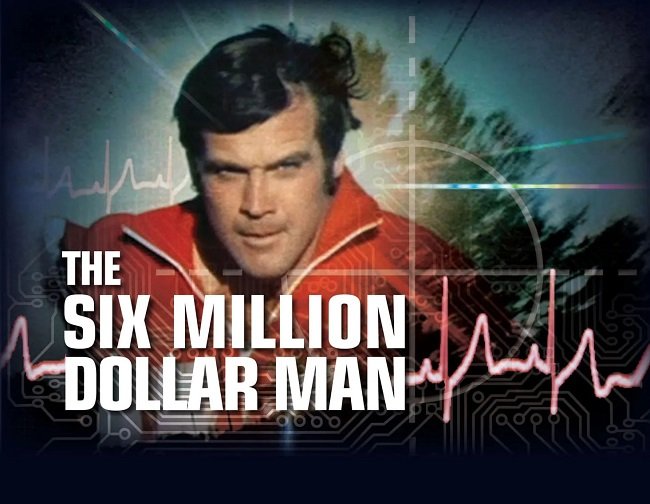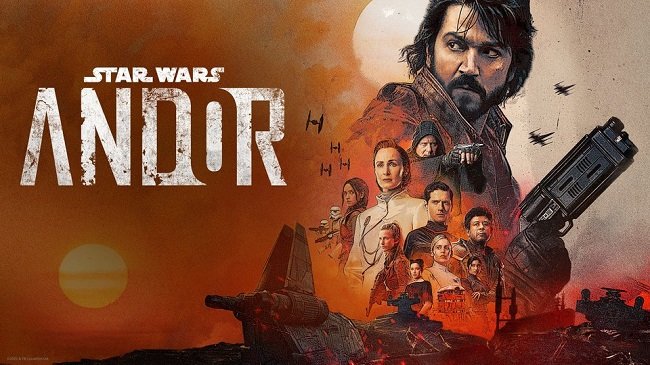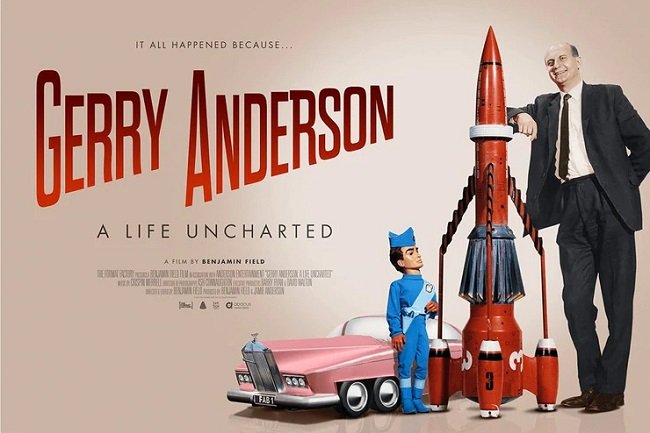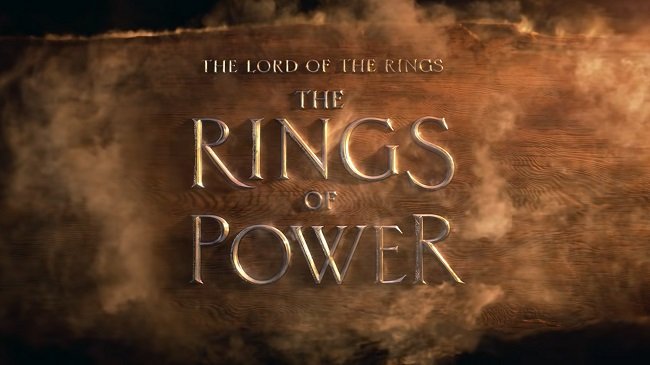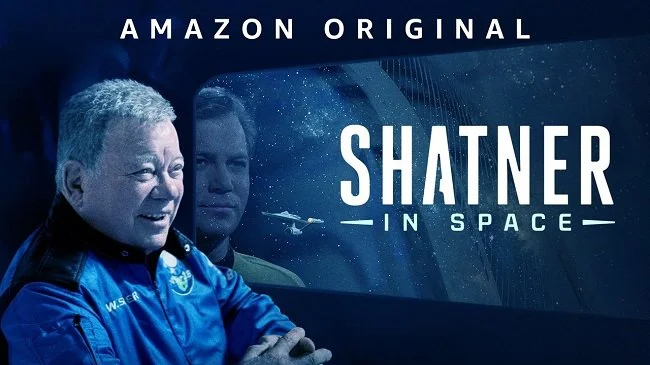What Are We Going to Watch?
It’s a simple question but I suspect that the answer may not be so straightforward. The autumn TV schedule is fast approaching and as of yet, many popular shows have not yet resumed production. There is talk on many of the “entertainment” websites that CBS will start location filming for its NCIS franchises in early September and if the studio side of the production follows suit, then there’s the possibility of completed episodes being available by November. But naturally all of this is dependent on a lot of variables that could change. Will COVID-19 cases diminish in the months to come or will there be a second “spike” and thus another lockdown. Will the ongoing loss of revenue caused by the pandemic further harm the production of new content. Will studios, networks and production companies have to make some hard choices and as a result, will we see some popular shows cancelled?
Another mainstay of TV, are all the major sporting fixtures. This year has already seen the cancellation of Wimbledon and the Tokyo Olympics. In recents weeks, some sports have resumed, although obviously sans spectators. This has been welcomed by households and has filled a gap in the market. However, the loss of ticket sales has already hit this global industry hard. The UK Premier League could potentially lose £1billion in revenue by the end of the year, especially if a second wave forces even the spectator less games to be cancelled. However, the simple fact is that those sporting bodies that are the wealthiest are better placed to weather the storm. Smaller league and county level sports such as cricket, basketball and rugby league face a bleaker future. Some are seeking government assistance or a rebate from the TV companies they have sold the viewing rights to. The support industries associated with major sporting events have also suffered.
However, where older viewers who still focus on traditional media, may well be facing a dearth of new content, the youth market has been turning in increasing numbers to YouTube and live streaming services such as Twitch. YouTube has seen a 29% increase in channel subscriptions, especially in the gaming, food and educational categories. Between March and April Twitch saw a 50% increase in the hours watched compared to the previous month. Average viewing figures over a 30 day period now stand at 1.645 billion hours. Many people have also tried their hand at live streaming during the lockdown resulting in a surge in new channels. However, many of these have already fallen into abeyance. Furthermore the increase in YouTube and Twitch usage has not necessarily seen a commensurate increase in advertising revenue. This is blamed on changes to advertising policies by both platforms and drop in money spent by advertisers per se, due to the pandemic.
Returning to the original question, I suspect that despite a lot of effort to try and return to normal program schedules, there are inevitably going to be delays and some major disappointments along the way. TV in all its manifestations is going to have a shortage of new content. Although I do maintain a healthy amount of active subscriptions on platforms such as YouTube and Twitch, I do not feel that these mediums will be able to fill the emerging “entertainment gap”. The biggest issue is quality control. For every Jim Sterling, Lindybeige or Noah Caldwell-Gervais there are fifty other “regular people” making bland and unremarkable content. I find everyday social interaction dull enough already and look to TV and newer mediums to offer something more than just entry levels “vox pops”.
Hence I think the real winners in the month to come will be those streaming services that offer an extensive back catalogue. There has been an abundance of good TV in recent years and I have certainly not seen all of it. There are several shows that have been recommended to me, that I have not pursued due to time limitations. These can now be addressed over both autumn and winter. I have just returned to watching Evil which is a prime example of catching up in this way. I will also renew my subscription to BritBox and tackle a few outstanding UK dramas and police procedurals. I still have several seasons of Star Trek: Voyager to finish. But due to the phenomenon of “TV poverty”, not everyone will be in such a position. There are still substantial numbers of homes in the UK that still just rely on digital terrestrial TV. As a result I suspect a lot of friends and families will be sharing account access to streaming services to bypass this consumer inequality.







